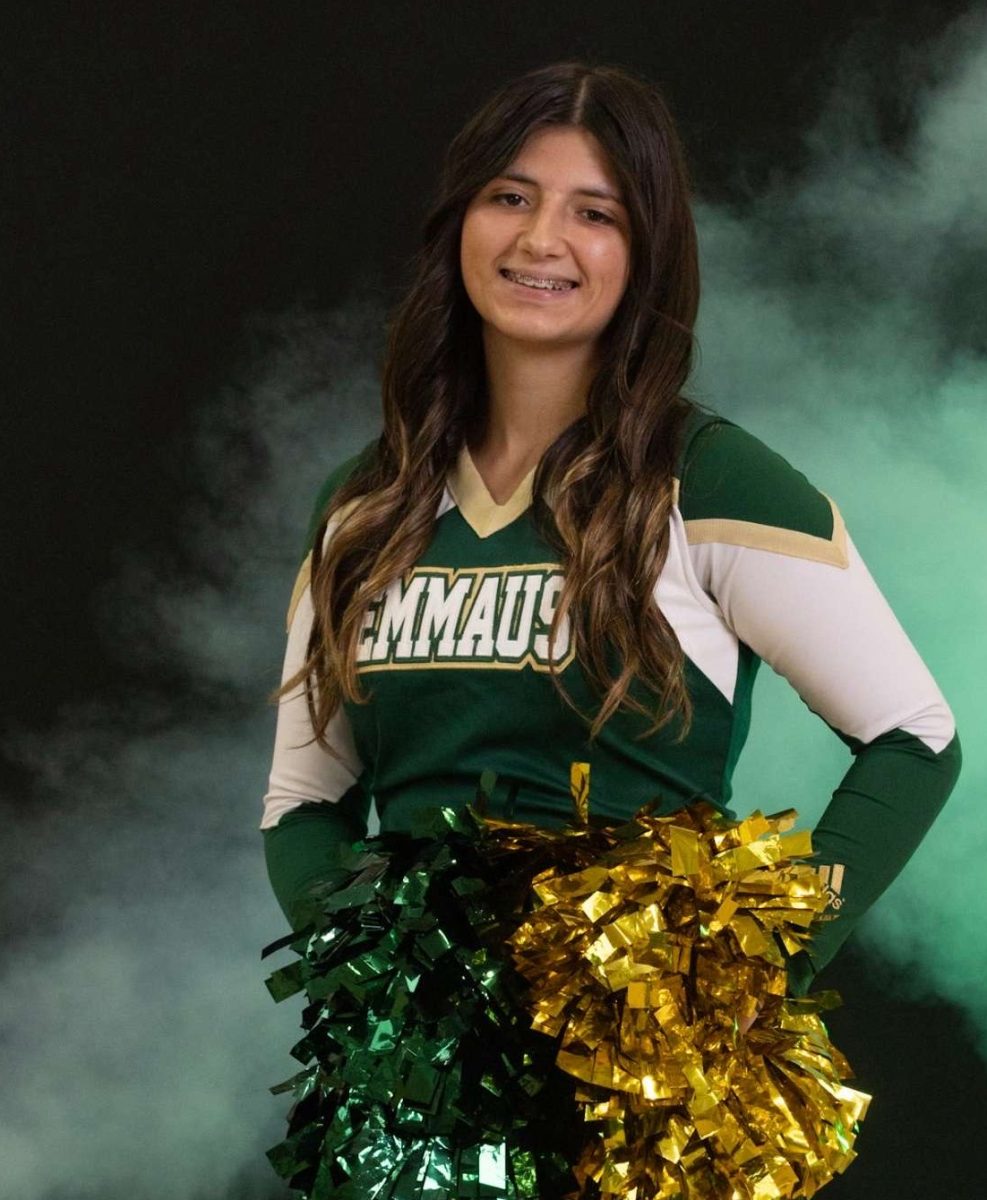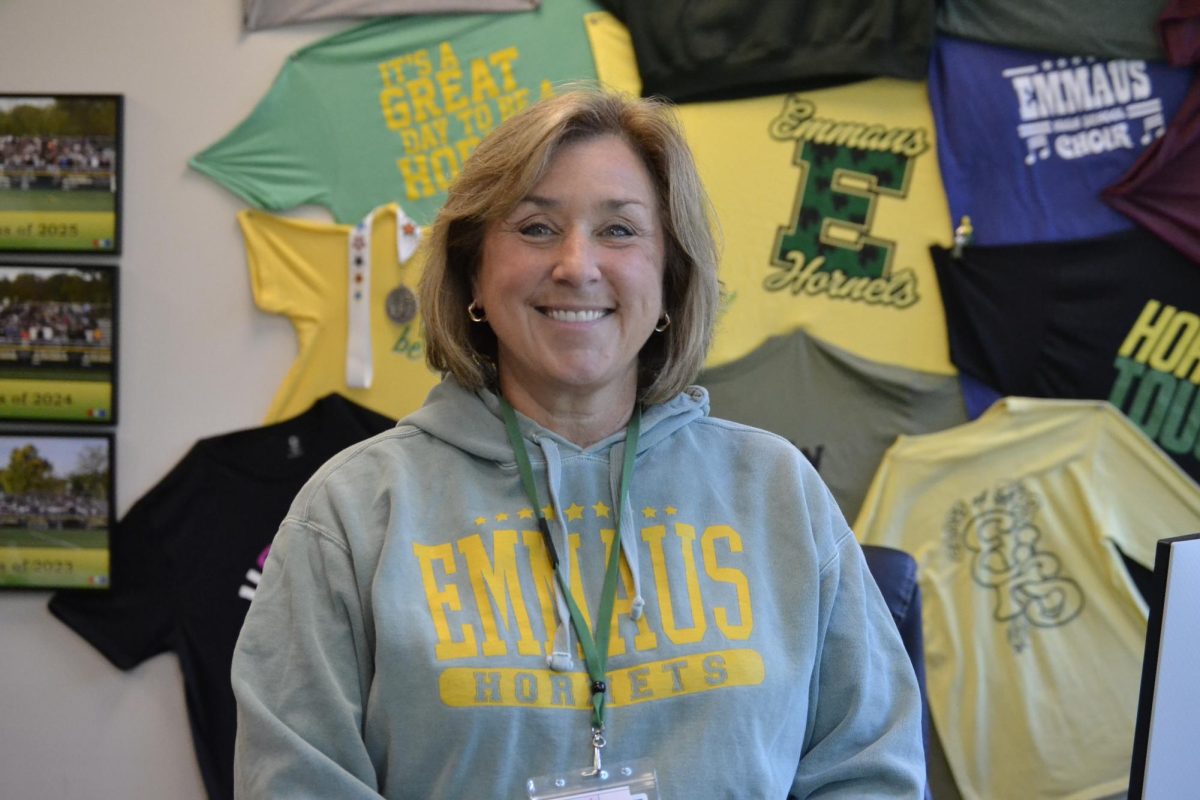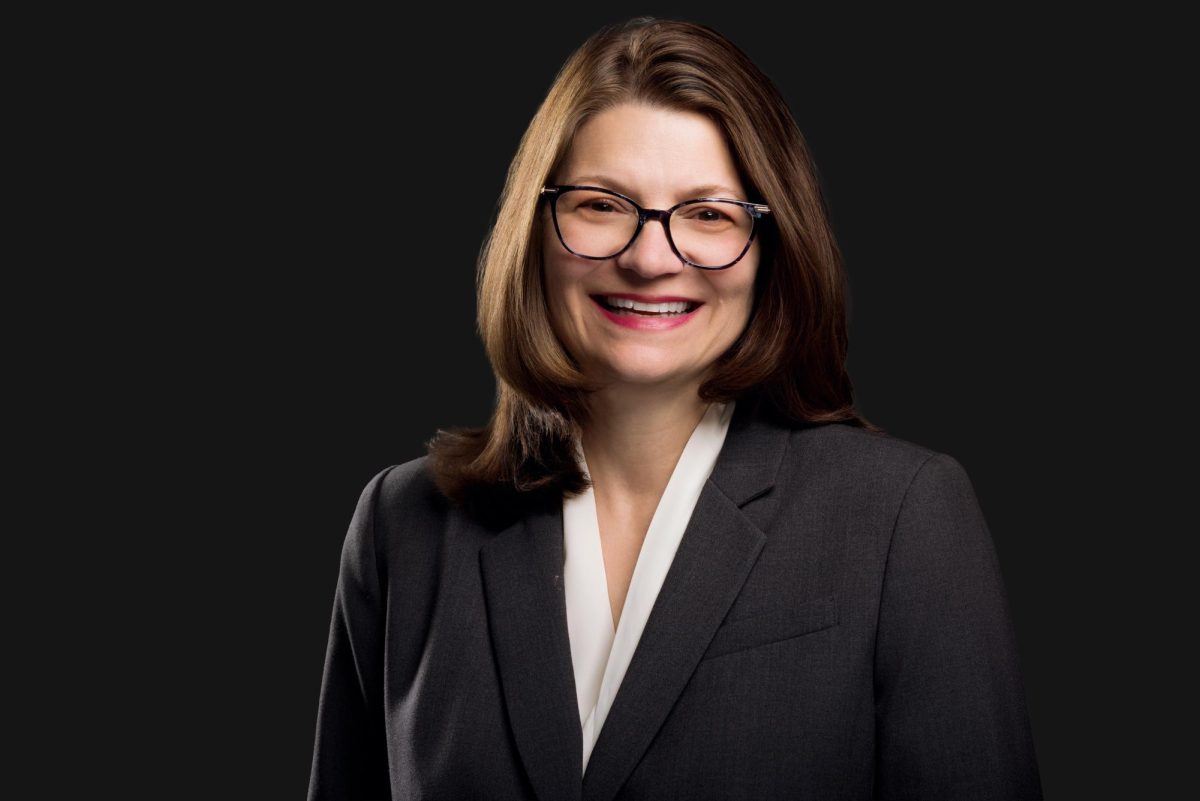
When you see sophomore Grace Comfort, you see a straight A student, a twin, and someone who is always chatting it up with her friends. You may not even notice that she is one of many teenagers in EHS that struggles with dyslexia.
With 3 million cases each year, dyslexia is very common, but may go unnoticed and untreated. Comfort showed signs of dyslexia when she was in the third grade, but teachers pushed the signs to the side until she decided to do her own research in middle school.
“I never got any help, and then around May of eighth grade I started getting really frustrated, because I didn’t know why I was in eighth grade and I couldn’t spell the word beautiful or confident,” Comfort said. “It didn’t make me feel confident, not being to spell those words, and I had a really hard time reading. I just was always told ‘You’ll get there, you’ll grow out of it,’ so I decided to take matters into my own hands and research.”
After being officially diagnosed with dyslexia in her eighth grade year, Comfort was finally able to get the help she needed in school for her tests and her homework.
“I went into my ninth grade year with my first-ever IEP, Individual Education Program,” Comfort said. “It basically just gives me rights to have longer time on tests, not great spelling, things I can’t control. I never had that before, it was the first time I ever had that.”
Even though dyslexia qualifies as a learning disorder, Comfort doesn’t let that hold her back. She sees her dyslexia as a circumstance that pushes her to be the best she can be.
“I really like that I have dyslexia, because even though it can be frustrating, it’s giving me a whole new perspective on other people,” Comfort said.
On top of school and having to study extra because of her dyslexia, Comfort takes three honors classes in her schedule and attends dance classes, some of which take three hours a night.
“I take longer to do stuff because of this slow processing,” Comfort said. “How I handle that is I just know, like, ‘Hey, I have dance for three hours tonight, so I’m going to make sure that I do [it], but [also] make sure that I do as much homework in a study hall.’”
In the future, Comfort plans to become a special needs teacher to help people like her who struggled with something they didn’t quite understand. Above all, Comfort doesn’t let her disorder keep her from where she wants to be, and works harder than most to get good grades, excelling in whatever comes her way.













